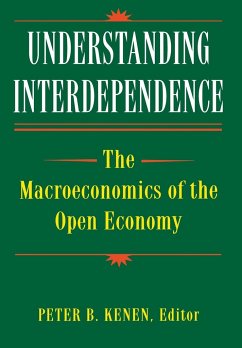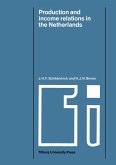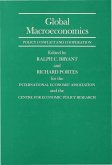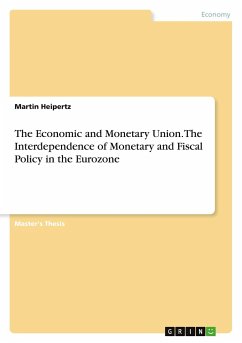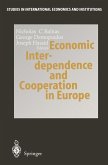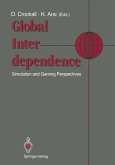Drawing together new papers by some of today's leading figures in international economics and finance, Understanding Interdependence surveys the current state of knowledge on the international monetary system and, by implication, defines the research horizon for the future. Covering topics including the behavior of exchange rates, the choice of exchange-rate regime, current-account adjustment in classical and Keynesian models, the extent and effects of capital mobility, international debt, the stabilization and reform of the formerly planned economies, European monetary union, and international policy coordination, the book underscores the importance of these subjects and identifies lessons for policymakers. The contributors to the volume are Michael Bruno, Ralph C. Bryant, Richard N. Cooper, Michael P. Dooley, Barry Eichengreen, Stanley Fischer, Charles A. E. Goodhart, Peter Hooper, Peter B. Kenen, Paul R. Krugman, Henri Lorie, Jaime Marquez, Ronald I. McKinnon, Michael Mussa, Maurice Obstfeld, John Odling-Smee, Assaf Razin, Dani Rodrik, Mark P. Taylor, and John Williamson.
Bitte wählen Sie Ihr Anliegen aus.
Rechnungen
Retourenschein anfordern
Bestellstatus
Storno

